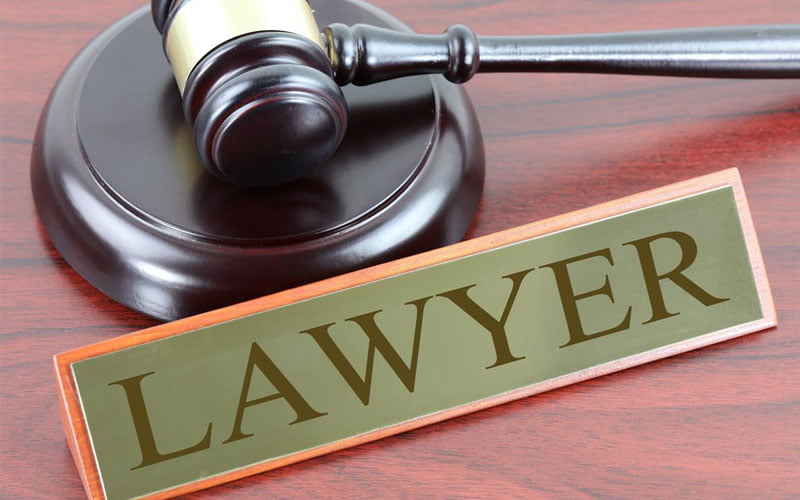There are reasonable steps one should take to avoid hurting another person, willfully or not. Negligence refers to a lack of care. It is legally wrong if this carelessness leads to disregard for human life. When a person ignores an obvious risk that could harm his neighbour or client, he can be called negligent.
Negligence is mostly categorized under civil cases. It can fall into the type of being classified as a criminal case when the act is intentional. Negligence can either be ordinary or gross. Ordinary negligence is inattention and reckless mistakes that can cause harm.
An example of negligence is a pet owner who leaves his pet unsupervised in a public area. You can see from the example that the owner didn’t intend to cause harm; nevertheless, it is common sense to put your pet on a leash.
Gross negligence, on the other hand, is more intentional. It is the total indifference and disregard for the safety of those around. An example of gross indifference is a nanny failing to feed a baby for a whole day.
In some cases, there is a contractual relationship between both parties. Such a relationship could be between a doctor and patient, employer and employee, etc. Although, what is considered negligence has evolved beyond contractual relationships, we all have a duty to ensure that our neighbours are not affected by our actions or inaction thereof.
You Should Know These 5 Things Before You File a Personal Injury Lawsuit
Personal injury is that part of the law that covers damage done to your physical body or emotions. It can be a result of another person’s negligence and/or carelessness.
Personal injury can lead to accumulated hospital bills. Also, you might miss work or be unable to carry out your responsibilities. If you are suffering from personal injury caused as a result of someone else’s actions, then you should file a lawsuit. Filing a lawsuit gives you a chance of getting compensated for your suffering. But before filing a lawsuit, you should keep certain things in mind.
- An experienced personal injury lawyer can better represent you. Experienced personal injury lawyers will get more compensation for you than what you will get if you defend your case yourself. They know the worth of your claim and will negotiate better. Also, they will present a better case and argue on your behalf before a judge.
- Personal injury cases can go on for a long time. Some cases take months or several years to settle. This is mostly because insurance companies drag out cases for a long time. They do this in an attempt to frustrate the victims forcing them to succumb to lower compensation. However, victims who are determined to wait, have a higher chance of getting better compensation.
- Firstly, you need to have a good case to get the court’s support. Not every personal injury case will hold water. That you fell in a superstore doesn’t mean there was negligence from the store. You have to prove it was caused due to negligence of the store owner.
- Legal fees can be expensive, and you need to have enough money to pay your lawyer. Calculate the expenses and make sure you can go through with the case.
- Know that you must be in an eligible location to be able to sue. You cannot sue someone your state’s court has no power over. Suing such a person will require you to go to their location. This will be stressful and expensive.
5 Elements of Negligence
Before victims of negligence can win a lawsuit, they need to prove all the elements of negligence. A victim can show that the defendant was negligent. But for him to win, he must prove his case with the elements of negligence. There are five elements of negligence.

Duty
This element of negligence seeks to know if there was a valid relationship between all parties. For a case to be considered negligent, the defendant must have a duty to protect the plaintiff. Would any other reasonable person in the same position have shown more responsibility? If the answer is yes, then the case can be of duty negligence.
For example, a golfer throws a golf ball in a public place. If it hits a child, the golfer is negligent because that is a careless act. On the other hand, if he was on a golf course and he hit a child who trespassed, he doesn’t owe any duty.
Breach of Duty
This is the second element of negligence. Here the court determines if there was a breach of duty from the defendant. Did he do or not do what a reasonable person would do in the same situation?
The defendant will be found negligent if an average person does something different when faced with the same situation. The defendant will be found negligent because he didn’t consider the result of his actions or inactions.
An example of a breach of duty is a dog owner who knows his dog is violent but releases it in a playground. If the dog bites a child, he breaches his duty because he had prior knowledge that his dog is violent and yet chose to release it.
Causation
This is the third element of negligence. Here, the victim has to prove that the negligent party’s breach of duty caused his harm or injury.
Secondly, the victim has to consider if the action was foreseeable. He has to assess if it was impossible for the defendant to determine the cause of his action or inaction. If the situation was unpredictable, then the defendant is not negligent.
Example of causation: A store fails to put a wet floor caution, and a customer falls and breaks his hip bone. The breach of duty caused a customer harm. The store management can be called negligent.
Proximate Cause
The plaintiff has to prove that there was a direct connection between the negligent act and the injury caused.
Damage
This is the last element of negligence. Damages can be emotional, work loss, or medical bills. Since the victim suffered injury as a result of the recklessness of the defendant, he needs relief. Most times, the only way to compensate a victim is with money.
If a driver knocks someone down because he wasn’t looking, the victim will be hospitalized and probably lose his job. The driver will pay the medical expenses and compensate the victim for injury and loss of job.
Conclusion
Negligence involves two parties; the careless one and the victim. The negligent act could have been avoided most times if the perpetrator had been more thoughtful.
Negligence can cause bodily and emotional pain. The consequences of negligence can be a job loss or permanent health damage. Victims who suffer injury can sue the negligent party. But before they do so, they must prove all the elements of negligence and consider other factors.
A personal injury attorney ensures that all terms of legality are well understood before pursuing a case and then acts in the defendant’s best interest for a viable settlement.





